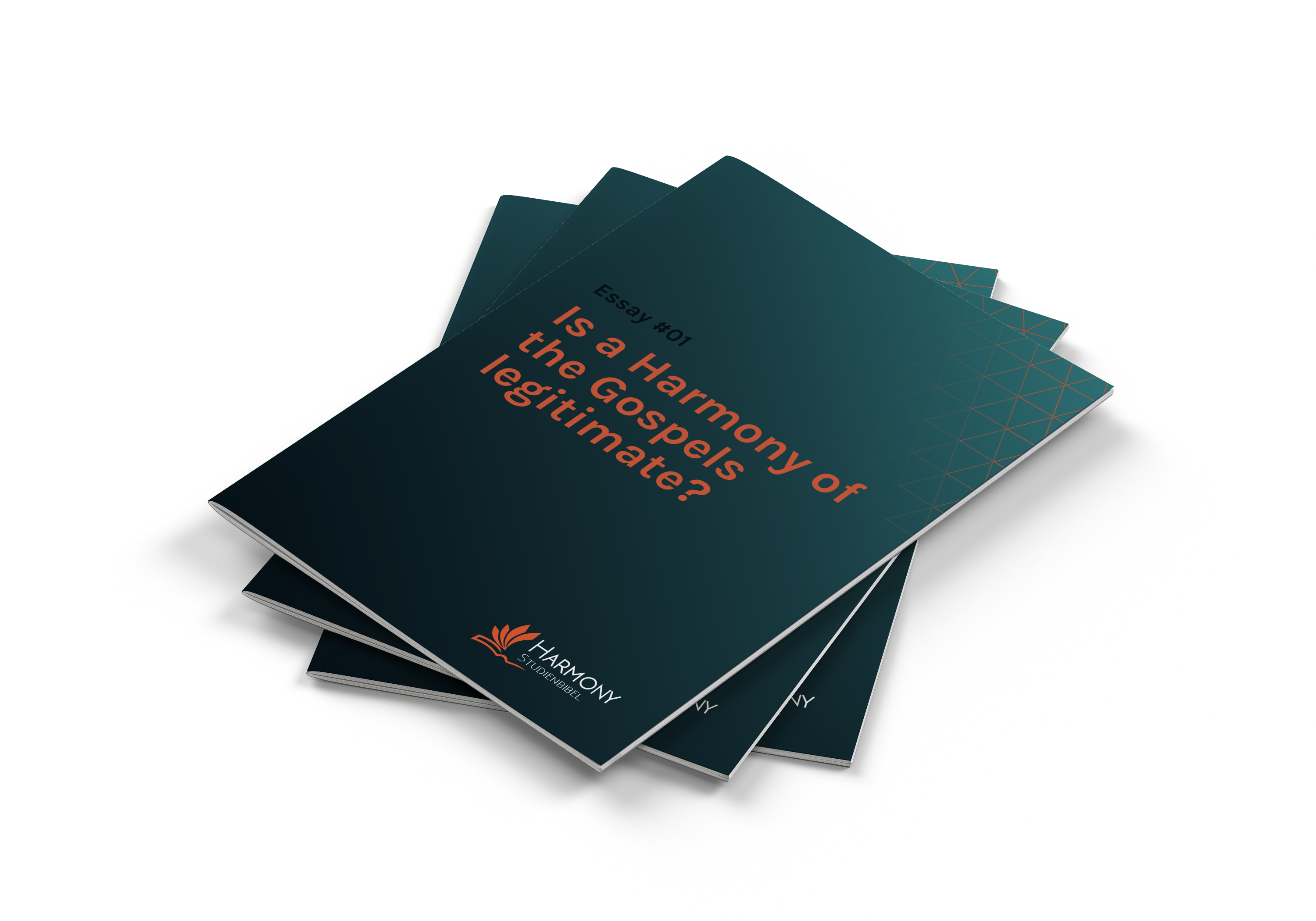| 28“But what do you think? A man had two sons. He went to his first son and said, ‘Son, go work today in my vineyard.’ 29His son answered, ‘I will not,’ but afterward he changed his mind and went. 30Then the man went to his second son and said the same thing. His second son answered, ‘I will go, sir,’ but he did not go. 31Which of the two did the will of his father?” They said to him, “The first.” Jesus said to them, “Truly I say to you, tax collectors and prostitutes are entering the kingdom of God ahead of you. 32For John came to you in the way of righteousness, and you did not believe him, but tax collectors and prostitutes believed him. Yet even after you saw it, you did not change your minds and believe him. | | |
| 33“Listen to another parable: There was a master of a house who planted a vineyard, put a fence around it, dug a winepress in it, built a tower, leased it to farmers, and left the country. 34When the season for fruit drew near, he sent his servants to the farmers to receive his fruit. 35But the farmers took his servants; they beat one, killed another, and stoned yet another. 36Again he sent other servants, more than the first. But the farmers treated them in the same way. | 1Then Jesus began to speak to them in parables: “A man planted a vineyard, put a fence around it, dug a pit for the winepress, built a tower, leased it to farmers, and left the country. 2At harvest time he sent a servant to the farmers to receive from them some of the fruit of the vineyard. 3But they took him, beat him, and sent him away empty-handed. 4Again he sent to them another servant, and they threw stones at him, struck him on the head, and sent him away after dishonoring him. 5Again he sent another, and that one they killed. He also sent many others, some of whom they beat, and some of whom they killed. | 9Then he began to tell the people this parable: “A man planted a vineyard, leased it to farmers, and left the country for a long time. 10At harvest time he sent a servant to the farmers so that they would give him some of the fruit of the vineyard. But the farmers beat him and sent him away empty-handed. 11So he proceeded to send another servant, but they beat him also, treated him shamefully, and sent him away empty-handed. 12Then he proceeded to send a third, but they wounded him as well and threw him out. |
| 37Last of all, he sent them his son, saying, ‘They will have respect for my son.’ 38But when the farmers saw the son, they said among themselves, ‘This is the heir. Come, let us kill him and take possession of his inheritance.’ 39So they took him, threw him out of the vineyard, and killed him. 40Now when the owner of the vineyard comes, what will he do to those farmers?” 41They said to him, “He will bring those wretches to a wretched end and lease the vineyard to other farmers who will give him the fruits in their seasons.” | 6Now he still had his one beloved son. He sent him to them as well, last of all, saying, ‘They will have respect for my son.’ 7But the farmers said to one another, ‘This is the heir. Come, let us kill him, and the inheritance will be ours.’ 8So they took him, killed him, and threw him out of the vineyard. 9What then will the owner of the vineyard do? He will come and destroy those farmers and give the vineyard to others. | 13So the owner of the vineyard said, ‘What should I do? I will send my beloved son; perhaps when they see him they will have respect for him.’ 14But when they saw him, the farmers discussed it among themselves, saying, ‘This is the heir. Come, let us kill him so that the inheritance will be ours.’ 15So they threw him out of the vineyard and killed him. What then will the owner of the vineyard do to them? 16He will come and destroy those farmers and give the vineyard to others.” When the people heard this, they said, “Certainly not!” |
| 42Jesus said to them, “Have you never read in the Scriptures,‘The stone that the builders rejectedhas become the cornerstone;this was the Lord's doing,and it is amazing in our eyes’? 43Therefore I tell you that the kingdom of God will be taken away from you and given to a people who will produce its fruit. 44He who falls on this stone will be broken to pieces, but anyone on whom it falls will be crushed.” 45When the chief priests and the Pharisees heard Jesus' parables, they knew he was speaking about them. | 10Have you not read this Scripture:‘The stone that the builders rejectedhas become the cornerstone; 11this was the Lord's doing,and it is amazing in our eyes’?” | 17But Jesus looked at them and said, “What then is the meaning of this Scripture:‘The stone that the builders rejectedhas become the cornerstone’? 18Everyone who falls on that stone will be broken to pieces, but anyone on whom it falls will be crushed.” |
| 46Although they were looking for a way to arrest him, they were afraid of the crowds, because the people regarded him as a prophet. | 12Then the chief priests, the scribes, and the elders were looking for a way to arrest Jesus because they knew he had spoken the parable against them. But they were afraid of the crowd, so they left him and went away. | 19Then the chief priests and the scribes wanted to arrest him at that very hour, for they knew he had spoken this parable against them, but they were afraid. |
| 1Once again Jesus spoke to them in parables, saying, 2“The kingdom of heaven can be compared to a king who prepared a wedding feast for his son. 3He sent his servants to call those who had been invited to the wedding feast, but they would not come. 4Again he sent other servants, saying, ‘Tell those who are invited, “Behold, I have prepared my dinner, my oxen and the fattened cattle have been slaughtered, and everything is ready. Come to the wedding feast.” ’ 5But they paid no attention and went away, one to his own field and another to his business. 6The rest seized his servants, mistreated them, and killed them. 7When the king heard about it, he was furious. So he sent his armies, who destroyed those murderers and burned down their city. | | |
| 8Then he said to his servants, ‘The wedding feast is ready, but those who were invited were not worthy. 9Go therefore to where the roads exit the city and invite to the wedding feast anyone you find.’ 10So the servants went out to the roads and gathered together all whom they found, both evil and good, and the wedding feast was filled with guests. 11“But when the king came in to see the guests, he saw a man there who was not clothed with a wedding garment. 12So he said to him, ‘Friend, how did you come in here without a wedding garment?’ But the man was speechless. 13Then the king said to the servants, ‘Bind his feet and hands, take him away, and throw him into the outer darkness. In that place there will be weeping and gnashing of teeth.’ 14For many are called, but few are chosen.” | | |



















